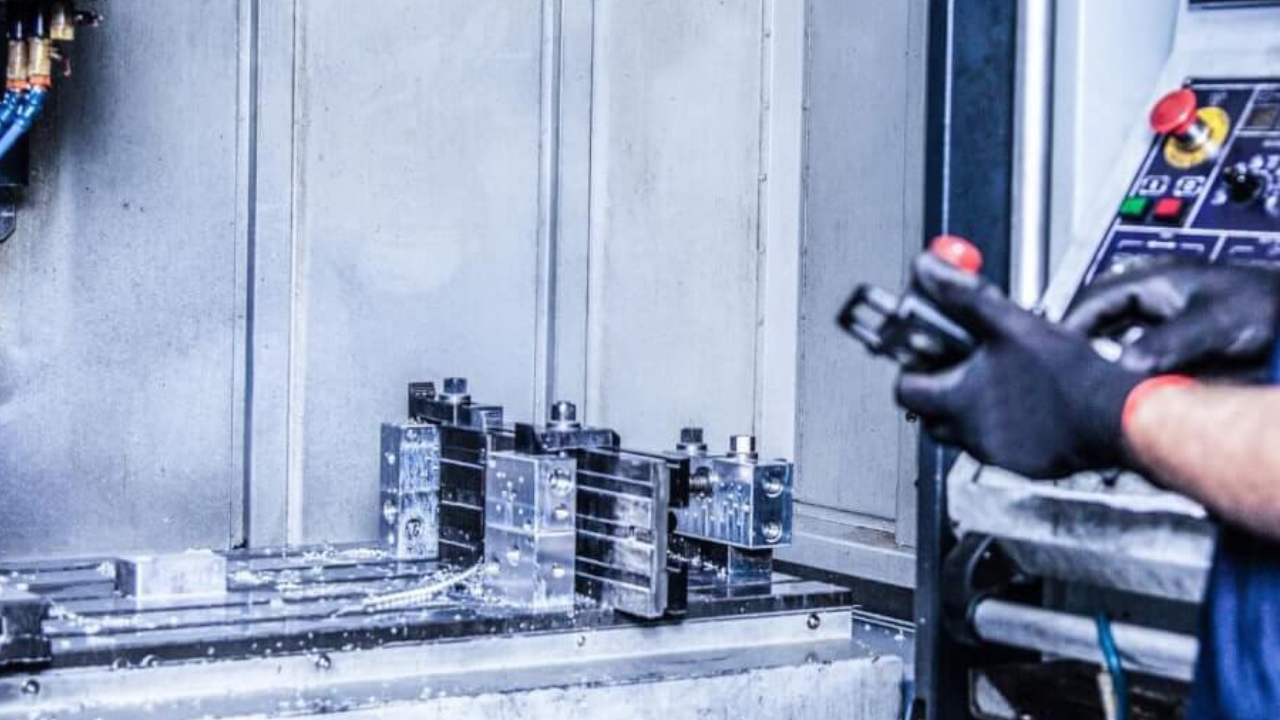A shaping machine is used in the metalworking process known as “shaper machining” to produce precise material cutting and molding. The shaper machine removes material and forms desired shapes by using a single-point cutting tool that reciprocates linearly against the workpiece. It is frequently employed to create uneven profiles, keyways, grooves, and flat surfaces.
Because of its adaptability, the machine can be used for both external and internal shaping operations. A straightforward, high-precision, and reasonably priced process, shaper machining is ideal for small to medium-sized production runs. Shapers continue to be used in a variety of industries despite the developments in CNC machining, which helps to create effective metal shaping procedures.
The Common Uses for Shaper Machining
Shaper machines still have their uses, even if they are not as widespread as certain other machining techniques like milling or turning. Typical uses for shaper machining include the following:
Industry of Metalworking:
In the metalworking sector, shaper machining is essential, especially for surface and shaping metallic components. It is frequently used to create complex profiles, keyways, flat surfaces, and dovetails on materials including cast iron, aluminum, and steel. Shaper machines are useful for producing intricate and exact shapes, which is why they are used in the fabrication of machinery and equipment components.
Tool and Die Making:
A common technique used in tool and die-making operations is shaper machining. It makes precise and accurate fabrication of molds, dies, and other tooling components possible. The shaper machine is a favored option for producing dies used in forging, stamping, and extrusion processes because of its versatility in handling various materials and its ability to create intricate geometries.
Automotive Industry:
Shaper machining is used in the automotive industry to produce engine and gearbox parts, among other essential components. Shaper machines are used in a variety of automobile parts to shape complicated features like keyways and gears. The shaper process’s repeatability and accuracy help to meet the industry’s rigorous criteria for quality in the automobile production sector.
Aerospace Industry:
Shaper machining satisfies the industry’s needs for precision and dependability in component manufacturing. Aircraft parts like wings, fuselage sections, and landing gear components are shaped using shaper machines. Shaper machining is an indispensable operation in the aerospace industry because of its capacity to produce precise forms and tight tolerances.
Job Shops and Prototyping:
Because shaper machining is flexible and affordable, it is an excellent choice for job shops and prototype development. Shaper machines are an effective solution for scenarios requiring rapid prototyping or just a small batch of components. Their quick setup time and versatility with different materials make them perfect for short-run production.
Educational Institutions:
Shaper machines are frequently utilized for instructional reasons in educational institutions. They give pupils practical familiarity with conventional machining concepts and procedures. For students pursuing degrees in mechanical engineering and manufacturing, understanding shaper machining is essential since it serves as the foundation for understanding more complex machining procedures.
Maintenance and Repair:
To restore or alter current components, shaper machining is frequently used in maintenance and repair operations. It permits the development of replacement parts, the restoration of damaged areas, and the alteration of already-existing buildings. When handling massive, heavy workpieces that could be difficult to manage with conventional machining methods, shaper machines come in handy.
Beautiful and Ornamental Metalwork:
Shaper machining is used for more than just industrial purposes when it comes to producing beautiful and ornamental metalwork. Shaper machines are used by artisans and craftsmen to create visually beautiful and personalized products by shaping and carving complex motifs onto metal surfaces.
Finally
The adaptability, precision, and affordability of shaper machining make it important across a wide range of sectors. Even with the availability of more sophisticated machining technologies, shaper machines are important for certain applications, such as heavy industrial work or creative projects, due to their special qualities. In the complex world of engineering and production, shaper machining is still a useful technique as sectors change.

